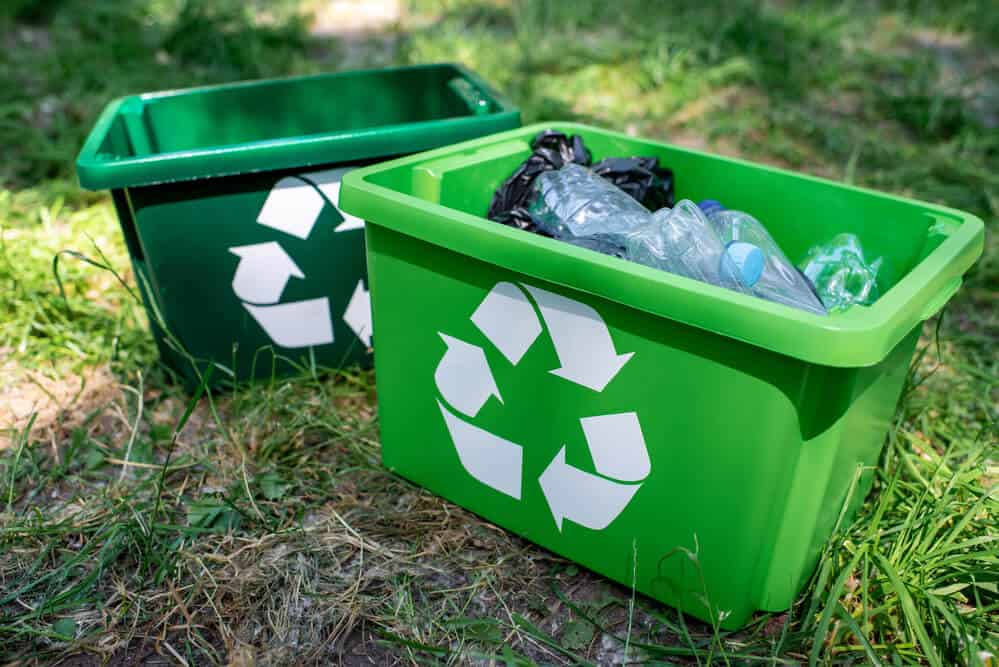10 Plastic Recycling Statistics
As the world becomes increasingly aware of the environmental impact of plastic waste, the topic of plastic recycling has become a hot button issue. Plastic recycling statistics show just how dire the situation has become and how much work needs to be done to address the problem. Here are 10 plastic recycling statistics that will shock you:
10 Plastic Mind Blowing Recycling Statistics
- Globally, only 9% of plastic waste is recycled while 22% is mismanaged. The majority of plastic waste ends up in landfills, oceans, and the natural environment.
- Every year, over 380 million tonnes of plastic is produced globally. This number is expected to quadruple by 2050.
- The United States is one of the worst offenders when it comes to plastic waste generation. Americans throw away 35 billion plastic water bottles every year.
- Plastic packaging is the most common type of plastic waste generated. It makes up over 40% of total plastic waste generated.
- Recycling rates for plastic are alarmingly low. Only 14% of plastic packaging is collected for recycling.
- Plastic bottles are among the most common items found in ocean debris. It is estimated that there will be more plastic in the ocean than fish by weight by 2050.
- Single-use plastics, such as straws and disposable cutlery, make up a significant portion of plastic waste. In the United States alone, 500 million straws are used and discarded every day.
- Plastic waste in the oceans is not only harmful to marine life but also to human health. Plastic debris absorbs toxic chemicals and can contaminate seafood.
- Plastic waste can take hundreds of years to degrade in the environment. Plastic bags can take up to 1,000 years to degrade, while plastic bottles can take up to 450 years.
- Households are responsible for a significant amount of plastic waste. The average household generates over 30 pounds of plastic waste per month.
What These Plastic Recycling Statistics Teach Us
These statistics paint a bleak picture of the current state of plastic recycling and the scale of the plastic waste problem. The good news is that there are steps that individuals, businesses and governments can take to reduce plastic waste and improve recycling rates. For example, businesses can use plastic recycling services, while governments can implement policies to increase recycling and reduce single-use plastics.
Changing Our Daily Lives
Individuals can also take steps to reduce their own plastic waste. Simple actions such as switching to reusable water bottles, bring your own bags to the grocery store, and avoiding single-use plastics like straws and cutlery can have a big impact.
How We Can Reduce Plastic Waste
Plastic waste is a global problem that requires a collective effort to address. These plastic recycling statistics are a sobering reminder of the scale of the problem and the need for action. It is crucial that we all take responsibility for our own plastic consumption and do our part to reduce plastic waste and improve recycling rates.
Only by working together can we hope to turn the tide and make a meaningful impact on the global plastics production and plastic waste. If you are a business looking for recycling services, our company can collect and recycle your plastic waste and cardboard materials.








